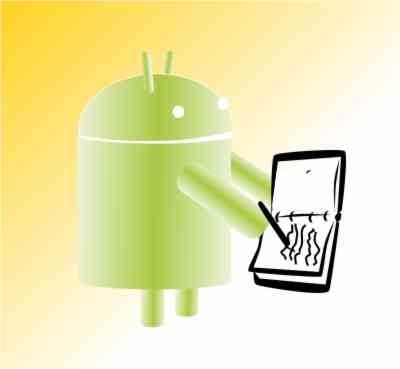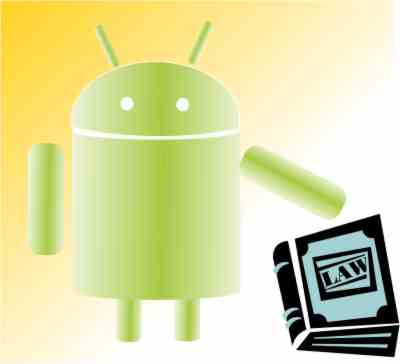| Oracle Argues - Software Is Fiction |
| Written by Sue Gee |
| Friday, 15 February 2013 |
|
We knew it wasn't over when Oracle lost its lawsuit against Google. And now we have details Oracle's next try - and it opens with Harry Potter. Just in case you were so deeply into coding last Spring that you missed it, the Oracle v Google case was tried in front of Judge William Alsup who turned out to be a programmer himself. After more than a week of deliberations at the end of the longest civil trial the Judge had been involved in all eight of the patent infringements asserted by Oracle were unanimously denied by the jury. A week later Judge Alsup delivered his verdict on the issue of whether or not the API packages involved in Oracle's claim of copyright infringement against Google were copyrightable. His ruling was that in this specific case the elements replicated by Google were "free for all to use under the Copyright Act." Oracle announced its intention to appeal this decision and has now filed to do so, arguing that if every work of fiction is protected by copyright, computer languages should be treated in the same way.
The introduction reads like a work of fiction itself, with the character Ann Droid as the anti-heroine: Ann Droid wants to publish a bestseller. So she sits down with an advance copy of Harry Potter and the Order of the Phoenix—the fifth book—and proceeds to transcribe. She verbatim copies all the chapter titles—from Chapter 1 (“Dudley Demented”) to Chapter 38 (“The Second War Begins”). She copies verbatim the topic sentences of each paragraph, starting from the first (highly descriptive) one and continuing, in order, to the last, simple one (“Harry nodded.”). She then paraphrases the rest of each paragraph. She rushes the competing version to press before the original under the title: Ann Droid’s Harry Potter 5.0. The knockoff flies off the shelves. J.K. Rowling sues for copyright infringement. Ann’s defenses: “But I wrote most of the words from scratch. Besides, this was fair use, because I copied only the portions necessary to tap into the Harry Potter fan base.” Obviously, the defenses would fail. Defendant Google Inc. has copied a blockbuster literary work just as surely, and as improperly, as Ann Droid—and has offered the same defenses. It could be that Judge Alsup himself was the inspiration for the metaphor. He used a book-based analogy to explain the idea of an API: An API is like a library. Each package is like a bookshelf in the library. Each class is like a book on the shelf. Each method is like a how-to-do-it chapter in a book. Go to the right shelf, select the right book, and open it to the chapter that covers the work you need. Back last April Judge Alsup asked each of Oracle and Google to take a firm yes or no position on whether computer programming languages are copyrightable. Google's answer was decisive: "No, computer programming languages are not copyrightable. Google has never taken any other position". While Oracle's was: a computer language may qualify for copyright protection if it is sufficiently original If the Federal Circuit has to decide is Java is sufficiently original to qualify we have to hope that its judges know something about programming. And Oracle would do well to ensure that it's legal team which includes twenty-eight lawyers can back up the argument with USE cases and not just analogies. More InformationRelated ArticlesJudge Rules Oracle's Java APIs Not CopyrightableOracle v. Google: Jury finds No Patent Infringement Oracle v Google Judge Is A Programmer! Oracle v Google - Are Computer Languages Copyrightable? To be informed about new articles on I Programmer, install the I Programmer Toolbar, subscribe to the RSS feed, follow us on, Twitter, Facebook, Google+ or Linkedin, or sign up for our weekly newsletter.
Comments
or email your comment to: comments@i-programmer.info
|
| Last Updated ( Friday, 15 February 2013 ) |



